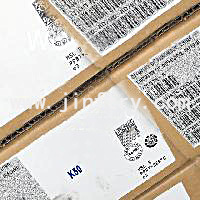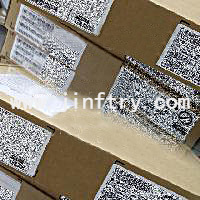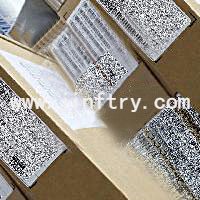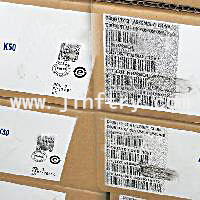What is a Chassis Mount Resistor? Definition & Types

Chassis mount resistors are key components in electronic circuits. They help manage electrical currents, ensuring devices operate correctly and safely. Let’s dive into what these resistors are, the different types available, and how they function.
What is a Chassis Mount Resistor?
A chassis mount resistor is a specific type of resistor designed for mounting directly onto a metal chassis or enclosure. These resistors are integral to various electronic and electrical systems due to their unique features and robust design. Unlike surface mount resistors, which are soldered directly onto a printed circuit board (PCB), chassis mount resistors are physically attached to the metal frame or chassis of an electronic device. Chassis mount resistors are typically encased in sturdy materials such as metal or ceramic, designed to withstand mechanical stress and high temperatures. These resistors often come in larger sizes compared to surface mount resistors. They usually feature lead terminals or screw connections that facilitate attachment to the chassis.
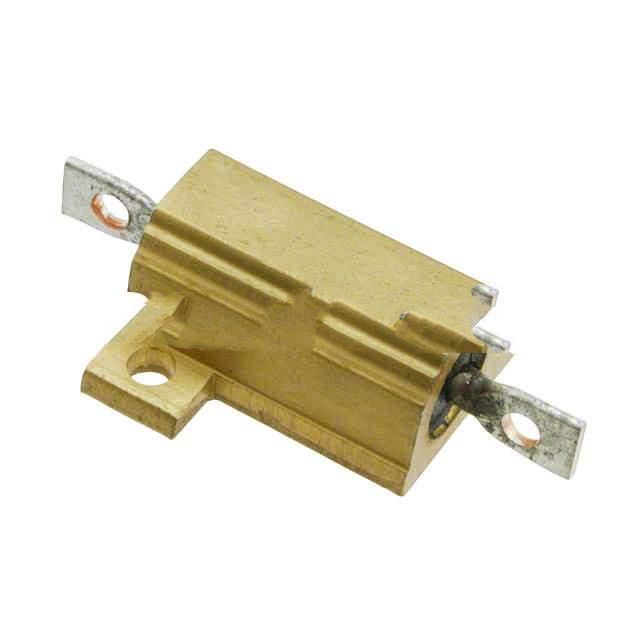
Types of Chassis Mount Resistor
Wirewound Resistors
These resistors are made by winding a wire around a ceramic core. They offer high precision and can handle high power levels. They're great for applications needing accuracy and durability.
Metal Film Resistors
These resistors use a thin metal film deposited on a ceramic substrate. They provide excellent stability and accuracy, making them suitable for high-frequency applications.
Carbon Film Resistors
Made by coating a carbon film on a ceramic rod, these resistors are cost-effective and good for general purposes. They offer moderate stability and accuracy.
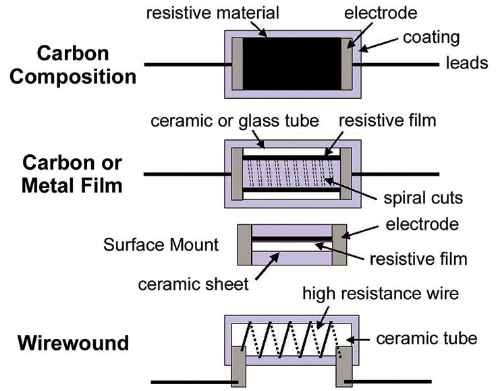
Thick Film Resistors
Created using a thick film of resistive material, these resistors are known for their robustness and are often used in power electronics.
Features of Chassis Mount Resistor
Chassis mount resistors are designed with specific features that make them suitable for demanding applications. Their robust construction and performance characteristics ensure they meet the needs of various electronic and electrical systems. Here’s an in-depth look at the key features of chassis mount resistors:
1. High Power Rating
Chassis mount resistors are engineered to handle high power dissipation. Their design allows them to safely manage significant amounts of electrical power without overheating. This high power rating is crucial for applications where large amounts of current need to be controlled, such as in power supplies and high-power load testing.
2. Effective Heat Dissipation
One of the standout features of chassis mount resistors is their ability to dissipate heat efficiently. By mounting directly onto a metal chassis or enclosure, these resistors benefit from the chassis's thermal conductivity.
3. Mechanical Strengthen
Chassis mount resistors are built to endure mechanical stresses. Their sturdy construction allows them to withstand vibrations, shocks, and physical impacts. So that they can be used in harsh environment such as automotive electronics, industrial machinery, and outdoor equipment.
4. Thermal Management
Chassis mount resistors are designed with features that enhance thermal management. They often include heatsinks or other mechanisms to improve heat dissipation. Effective thermal management can avoid the overheating in the electronics.
5. Various Mounting Options
Chassis mount resistors offer flexible mounting options, including screw terminals, soldered connections, or clip mounts.
6. Precision and Accuracy
Many chassis mount resistors are designed to offer high precision and accuracy. They are available in various resistance values and tolerances, allowing for precise control of electrical parameters.
How to Choose the Right Chassis Mount Resistor?
When selecting a chassis mount resistor, consider factors such as:
Resistance Value
When choosing a chassis mount resistor, make sure the resistor provides the correct resistance for your application. This is very important for maintaining circuit stability and performance.
Power Rating
Choose a resistor with a power rating that matches or exceeds the power requirements of your circuit to ensure safe and reliable operation.
Tolerance
The tolerance of the resistor indicates the precision of its resistance value. Select a tolerance level that meets the requirements of your specific application.
Temperature Coefficient
Consider the resistor’s temperature coefficient to ensure it maintains stable performance across the operating temperature range.
What is the Use of Chassis Mount Resistor?
Chassis mount resistors are versatile components used in various electronic applications. Their primary function is to provide specific resistance within a circuit, managing current flow and voltage. You can check its usage as following:
1. Chassis mount resistors help stabilize voltage levels in circuits.
2. They limit the amount of current flowing through a circuit to avoid excessive current.
3. In testing equipment, chassis mount resistors simulate load conditions.
4. Designed to handle high power levels, chassis mount resistors dissipate excess heat generated during operation.
5. They are used in signal processing to modify signal levels.
6. In power supplies, they help control and stabilize the output voltage and current, ensuring reliable operation of connected devices.
How Does the Chassis Mount Resistor Work?
The operation of a chassis mount resistor is based on Ohm's Law, which states that voltage equals current times resistance (V = I × R).
When electrical current passes through the resistor, it encounters resistance. This resistance opposes the flow of current, according to its resistance value. As current flows through the resistor, it encounters resistance, which generates heat. The resistor’s design allows it to safely dissipate this heat, preventing damage.
When a chassis mount resistor working, the resistor causes a voltage drop across its terminals. This drop is proportional to the current flowing through and the resistor's resistance. Then it will generate a power. The power dissipated by the resistor (P = I² × R) is converted into heat. Chassis mount resistors are designed to handle and manage this heat effectively.
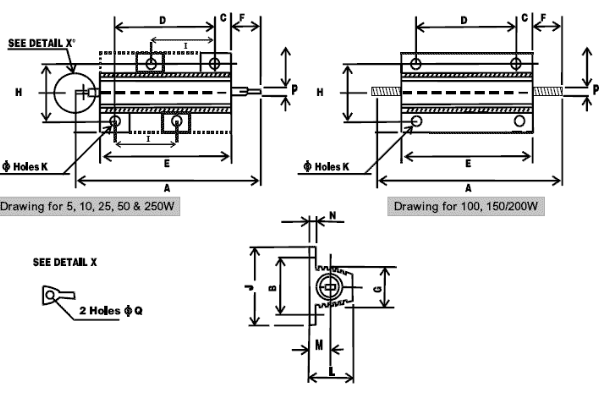
The resistor’s stable resistance ensures that the circuit maintains consistent performance, even with varying input conditions or over time.
How to Read a Chassis Mount Resistor?
Reading a chassis mount resistor involves understanding its markings, which indicate its resistance value and tolerance. Here’s how to interpret these markings:
Numerical Codes
Some chassis mount resistors use numerical codes. For example, a code of “1000” indicates a resistance of 1,000 ohms. The code might also include a multiplier, such as “1K” for 1,000 ohms.
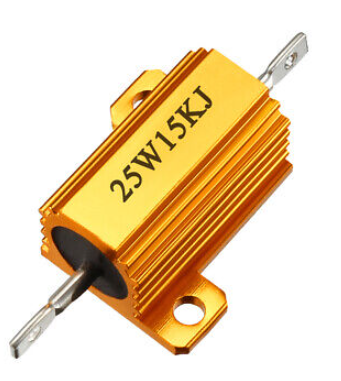
Color Codes
Many resistors use color bands to indicate resistance. Each band represents a digit or a multiplier. For example, a resistor with the color bands brown, black, and red would have a resistance of 1,000 ohms (1K) with a tolerance of ±2%. If you are interested in how to read to color code of resistors, welcome to read our another article: Introduction to 1K-10K Ohm Resistors
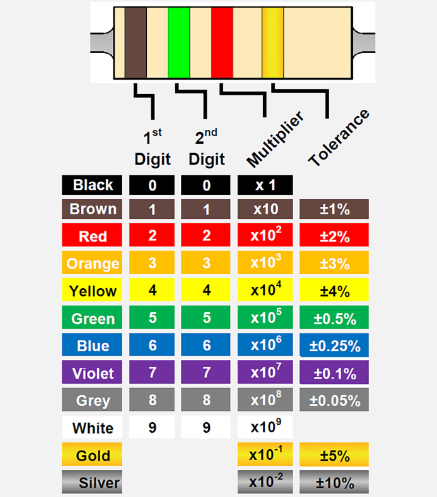
Power Rating
Check the resistor’s power rating, usually indicated on the body or datasheet. This rating tells you how much power the resistor can safely handle.
Tolerance
Tolerance indicates how much the actual resistance can vary from the nominal value. This is often shown as a percentage. For example, ±5% means the resistance could be 5% higher or lower than the stated value. For a 1000 ohm resistor, the tolerance of ±5% means its actual resistance would be 950 ohm or 1050 ohm.
Temperature Coefficient
This indicates how the resistor’s resistance changes with temperature. A low temperature coefficient means the resistor’s resistance remains stable across temperature variations. The temperature coefficient always exist in high precision resistor with 6-band color code.
Renowned Manufacturers of Chassis Mount Resistors
Several reputable manufacturers produce high-quality chassis mount resistors. Companies like Vishay, Bourns, and TE Connectivity are known for their reliable products. These manufacturers offer a range of resistors that meet industry standards and ensure excellent performance in various applications. Here are some other renowned manufacturers of chassis mount resistor around the world.
- Vishay Intertechnology
- Ohmite Manufacturing Company
- KOA Speer Electronics
- Bourns, Inc.
- TE Connectivity
- Panasonic
- Yageo Corporation
- Resistors Network Inc.
- ARCOL Resistors
Jinftry is a famous distributors of chassis mount resistors, who was established in 2013, has more than 10years experience in this industry. It is a global supplier of electronic components and a well-known and competitive electronic product distributor in Asia. Is also an excellent strategic partner of global ODM/OEM/EMS, able to quickly find authentic and traceable electronic components for customers to purchase. Welcome to get your instant quotation if you want to buy electronic components.
Application of Chassis Mount Resistors
Chassis mount resistors are used in numerous applications across various industries. Here are some key areas where they are applied:
Automotive Electronics
In vehicles, chassis mount resistors help manage electrical currents and voltages in systems such as lighting, sensors, and control units.
Industrial Machinery
Used in industrial equipment to control power and signals, chassis mount resistors help ensure the proper functioning of machinery and equipment under demanding conditions.
Consumer Electronics
In devices like televisions, audio systems, and appliances, chassis mount resistors manage voltage levels and protect sensitive components, contributing to the overall reliability and performance of the devices.
Telecommunications
In communication devices, they help regulate and stabilize signal and power levels, ensuring clear and reliable communication.
Power Supplies
Chassis mount resistors are integral to power supply circuits, where they help control and stabilize the output voltage and current, ensuring consistent performance.
Testing Equipment
In load banks and other testing setups, chassis mount resistors simulate various load conditions, allowing for the evaluation of power sources and other electronic systems.
FAQs
1. What is the difference between chassis mount resistors and surface mount resistors?
Chassis mount resistors are designed to be mounted directly onto a chassis, providing durability and stability. Surface mount resistors, on the other hand, are designed to be mounted directly onto the surface of a PCB.
2. Can chassis mount resistors be used in high-temperature environments?
Yes, chassis mount resistors are built to handle high temperatures. They can dissipate heat efficiently, making them suitable for high-temperature applications.
3. How do I choose the right chassis mount resistor for my application?
Consider factors like resistance value, power rating, tolerance, and temperature coefficient. Ensure the resistor meets the requirements of your specific application.
4. Are chassis mount resistors expensive?
The cost varies depending on the type and specifications. While some chassis mount resistors can be more expensive, they offer durability and reliability that can be valuable in critical applications.
Jinftry has been committed to providing global technology product users, industrial product users, commercial users, research institutions, etc., semiconductor, electronic component procurement and supporting technical solutions services, as well as ODM solution customization services, has developed into a world-renowned one-stop electronic component supporting services provider and ODM solution customization provider. We welcome your any messages!
Statement
All articles (images, texts, audio) on this site are uploaded and shared by users, or integrated from relevant internet sources, only for user's learning. If your rights are violated, please contact the administrator to delete! Link to this article: https://www.jinftry.com

